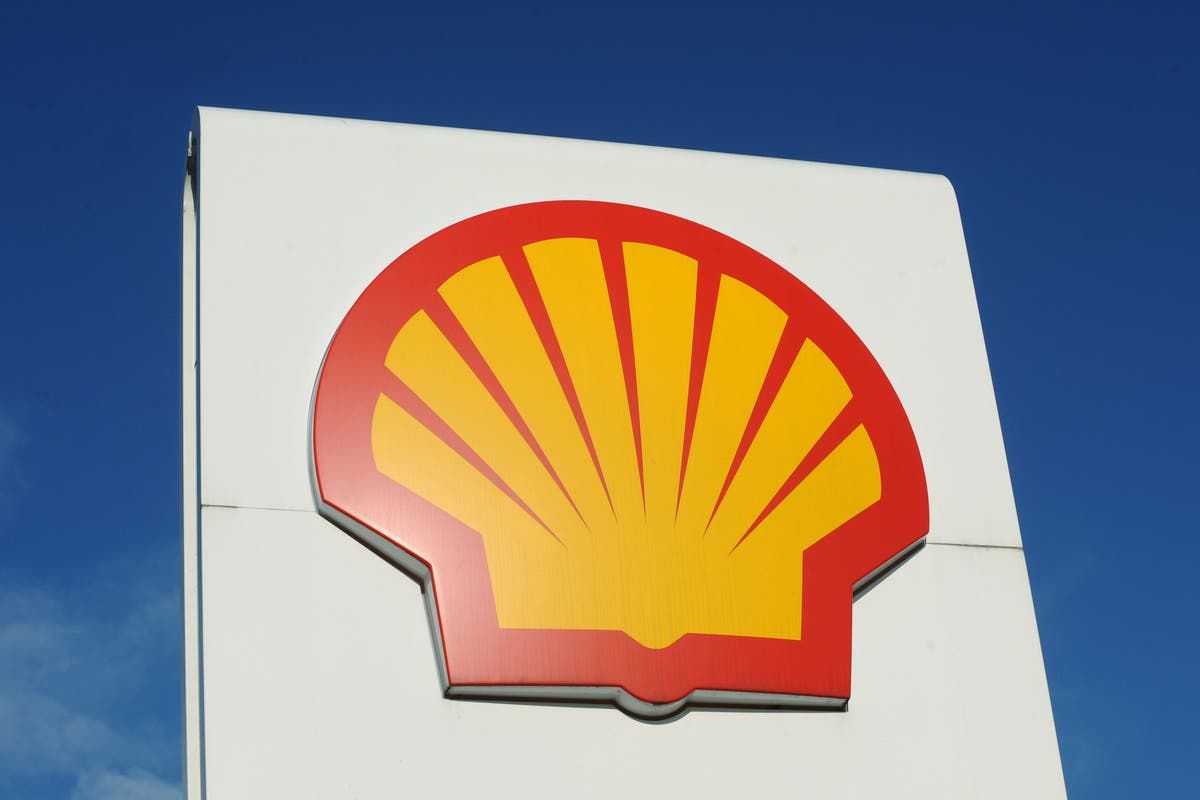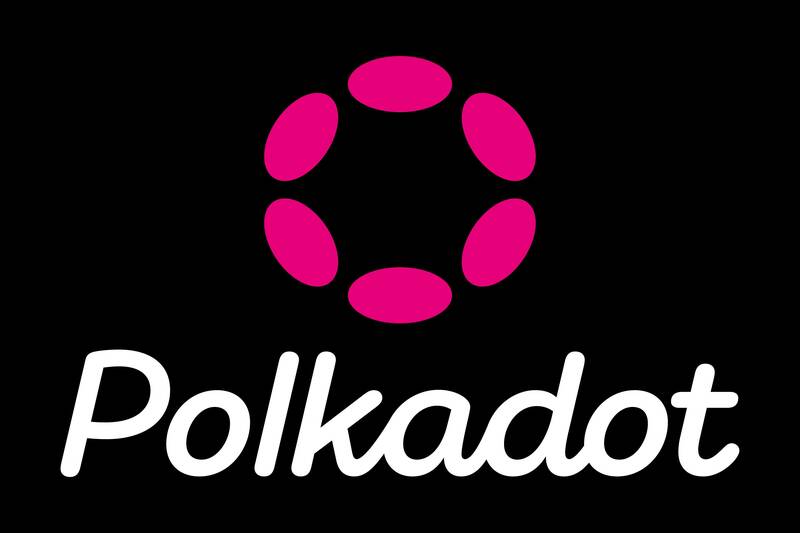The Shell boss was paid almost £8m last year, new figures showed on Thursday, as the oil and gas giant watered down one of his climate promises.
Wael Sawan received a total pay package worth £7.94m during the period, Shell said, a reduction from the £9.7m his predecessor Ben van Beurden earned in 2022, although higher than van Beurden's pay package for 2021.
Sawan's package included a base salary of £1.4m, an annual bonus of £2.7m and a long-term incentive pay of £2.6m.
Campaigners said his salary, about 227 times what the average worker earns, would be a “bitter pill to swallow” for the millions of people living with high energy costs.
The UK-based energy giant also watered down one of its climate ambitions, saying it was focusing on “value over volume” in the power sector.
The oil company said it now wants to reduce the “net carbon intensity” of the energy products it sells by 15 to 20 percent by 2030, compared to its previous goal of 20 percent. The objective is measured with respect to 2016.
The company explained the change in focus by saying it now plans to focus more on selling electricity to commercial customers, rather than homes. This means its electricity sales will not increase as quickly as previously thought by 2030, slowing the pace at which carbon intensity can be reduced.
Wael Sawan is CEO of Shell
(Shell)
Jonathan Noronha-Gant, senior fossil fuel campaigner at Global Witness, said: “Shell CEO’s million-dollar salary is a bitter pill to swallow for the millions of workers living with high energy costs. Our dependence on Shell's dirty oil and gas enriches them while the rest of us become poorer.
“Nothing highlights our failed energy system more than the fact that the boss of Shell receives 227 times more money than the average worker in the UK.
“While energy executives celebrate making billions from the war in Ukraine, millions of people struggle to stay warm or fed. “We need our politicians to prioritize their people and not the polluters who finance them.”
Last week, BP, another UK-based oil and gas giant, revealed its new boss was paid more than £8 million in the last financial year before taking on the top job full-time.
Murray Auchincloss's pay package consisted of more than £1.5 million in salary, benefits and cash in lieu of pension. He also received a £1.8m bonus and just under £4.7m in performance-linked shares. Auchincloss was chief financial officer for most of 2023, but took over as interim chief executive in September when his predecessor resigned.
BP boss Murray Auchincloss
(PENNSYLVANIA)
Meanwhile, Shell has set a new ambition to reduce emissions produced when customers use its petroleum products by 15 to 20 percent by 2030 compared to 2021, a portion of so-called Scope 3 emissions.
Last month The independent revealed that some of the biggest energy companies operating in the UK made “dazzling” profits of more than £1 billion a week worldwide as millions of Britons struggled with the falling cost of living.
Shell, Equinor, ExxonMobil and BP – some of the UK's biggest gas suppliers – made £65bn in net profits in 2023, prompting campaigners to accuse the multinational companies of “stoking the bills crisis.” of energy.”









